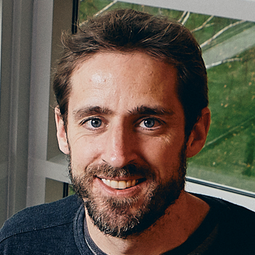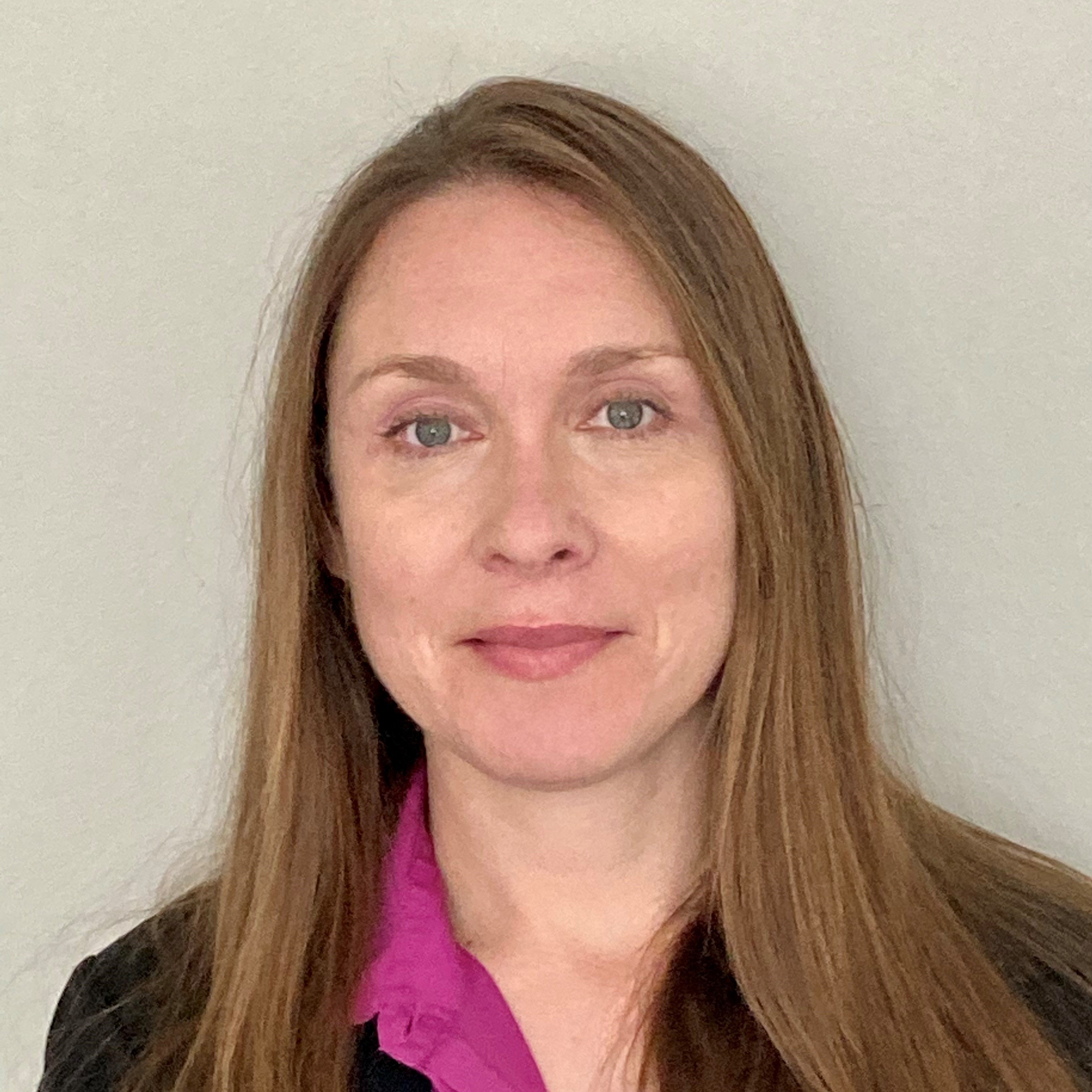
A generational wealth transfer of trillions of dollars is occurring as baby boomers pass on their wealth to their children. Simultaneously, the world has witnessed a rise in the number of billionaires. Forbes reported that in 2021, 493 individuals became billionaires, with 84 percent of them being self-made. This wealth transfer, coupled with the rise of new ultra-high-net-worth individuals (UHWNIs—loosely defined as having a net worth of $30 million or more) and a growing inclination for younger generations to start charitable activities at an earlier age, means there will soon be an influx of capital intended for philanthropic deployment.
As advisors in the sector, MI Philanthropy has seen time and time again that having financial means does not necessarily translate into philanthropic acumen. Many who intend to engage in philanthropy may not have considered their personal philanthropic vision or understand the routes to channel resources to achieve a greater good. For some would-be donors, the fear of getting their philanthropy “wrong” is so great that they defer their giving entirely or transfer capital into a donor-advised fund—reaping immediate tax benefits—while postponing true philanthropic activity with those funds. “Getting to it later,” however, is a missed opportunity for the social sector and for the individual philanthropist who might be paralyzed by the number of decisions that engaging in philanthropy strategically entails.
Small steps can be taken to navigate the learning curve and move valuable dollars to social and environmental endeavors that can benefit immediately from these resources. First, get acquainted with your personal impact objectives: What change would you like to see in the world? What does your cause of interest need in order to realize positive transformation? Take time to reflect and understand the landscape of your chosen issue area(s) to determine your vision to make a difference. A useful reference for this process is the “Getting Started” section within the Philanthropist’s Field Guide, MI Philanthropy’s online resource for individuals looking to be more intentional and incorporate methodology in their impact endeavors.
Second, determine which funding vehicles and/or investment mechanisms are suitable to best carry out your impact objectives. Often, a combination of funding activities is helpful to ensure philanthropists are holistically supporting the issue and the needs of the field. To serve this purpose, MI Philanthropy recently published Philanthropic Mechanisms: A Guidebook for Donors to provide a high-level overview of the vehicles individuals can establish to house philanthropic capital and the potential mechanisms for deployment, including various types of gifts, grants, or investments. A fundamental element of effective philanthropy entails aligning an individual's impact pursuits with the most appropriate instruments to ignite that change, and this resource serves as an introduction to a philanthropist’s menu of options.
Third, know that philanthropy does not have to be a solo journey. Advisors can serve as valuable thought partners, and so can peers. Joining a peer learning community, such as MI Philanthropy’s Philanthropy Leadership Collective, is one such way to connect with high-capacity philanthropists with aligned interests to expand your knowledge of philanthropic strategy, avoid potential pitfalls, and inform next steps to advance your impact objectives.
Philanthropists carry a responsibility and an opportunity to impact the world positively. Taking on a philanthropic role may, at least initially, cause anxiety and decision paralysis since it can feel like a lot of pressure in unfamiliar territory. Having the knowledge and tools to help navigate the philanthropic landscape is key. There is no one-size-fits-all approach to philanthropy, but moving beyond decision paralysis is essential to stepping into the arena and attempting to advance social or environmental change. In the words of Maya Angelou, “Every great journey starts with a single step.”

















